US won’t ease sanctions to stem Russia’s economic crisis
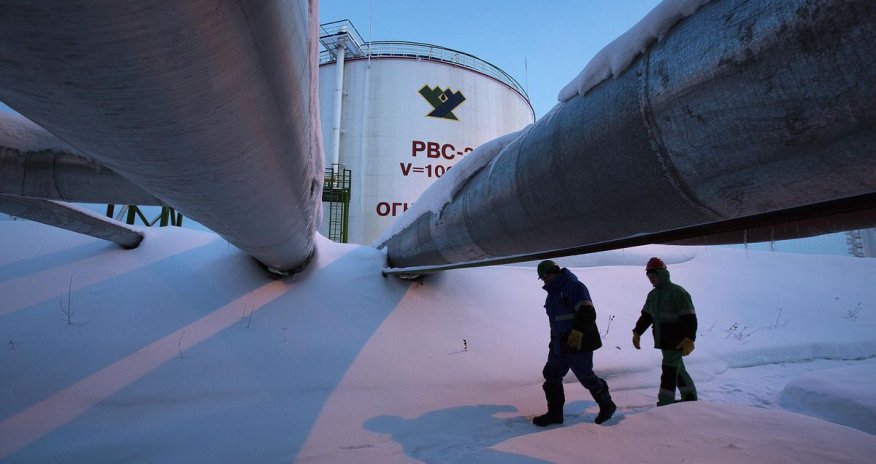
The Obama administration won’t let up the financial pressure on President Vladimir Putin’s government and expects sanctions to squeeze Russia’s economy harder in the weeks and months ahead, White House officials said today.
Russia’s woes -- the ruble plummeting and its economy contracting -- demonstrate the effectiveness of the joint U.S.- European campaign to force Putin to pull back from Ukraine, much as sanctions against Iran forced the Islamic state to negotiate over its nuclear program, Josh Earnest, President Barack Obama’s spokesman said.
"It is President Putin’s decision to make here,” Earnest said today. "The aim is to sharpen the choice that he faces.”
Obama was briefed this morning on overnight developments in Russia’s currency crisis and the subject was discussed during the daily White House senior staff meeting, according to an administration official, who asked for anonymity because the deliberations are classified.
The combination of a 49 percent plunge in oil prices and punitive sanctions by the U.S. and European Union has Russia grappling with its worst economic crisis since the 1998 default. Russians are rushing to convert their money into dollars and buy durable goods amid concerns over hyperinflation and possible government currency controls and investors are withdrawing cash en masse.
Jason Furman, chairman of the White House Council of Economic Advisers, described the Russian economy as "on the brink of crisis.”
Putin’s Reactions
U.S. officials are looking for signals of how Putin will respond, whether by meeting demands to pull back from Ukraine or by taking more aggressive action designed to bolster his domestic political standing and push back against the U.S.
Russian Foreign Minister Sergei Lavrov told the Interfax news agency that now that Crimea is part of Russia it can be regarded as a location to place Russian nuclear weapons. He didn’t say that Russia intended to make such a move.
Earnest repeatedly deflected questions about whether the administration was concerned about Putin’s reaction to being backed into a corner. He said the world faces a greater risk from letting Russia get away with annexing Crimea and supporting separatists in Ukraine.
Sanctions’ Bite
It’s clear that the U.S.-orchestrated sanctions "bite on the Russian economy is only becoming stronger” and that would only be eased as a result of Russia living up to commitments to end support for Ukraine separatists, Earnest said.
"What we have said about this strategy has come to pass,” he said. "We have suggested that the longer the sanctions regime is in place, the more isolated the Russians would be, and the greater the impact it would have on the broader Russian economy.”
Earnest said Obama will sign legislation passed by Congress last week that authorizes -- but doesn’t require -- the U.S. to put more sanctions on Russia’s energy industry and provide arms and other lethal aid to Ukraine’s government. He said the administration remains concerned that the measure goes beyond what the U.S. and its allies have been discussing. Unity on sanctions has been crucial to their success, Earnest said.
Richard Haass, president of the Council on Foreign Relations and a former U.S. diplomat, said Putin has few tools to stabilize the Russian economy. Like other analysts, he said he doubted that Putin would play the "geopolitical card” by taking some military action.
Few Tools
"The real question is whether he signals some reasonableness in order to build up some expectation that sanctions might be eased,” Haass said on "Bloomberg Surveillance.”
"Because, after you raise interest rates by 6-1/2 percent, you begin to run out of things to do domestically,” he said.
Domenico Lombardi, a former International Monetary Fund board official who is now the director of the global economy program at the Waterloo, Ontario-based Centre for International Governance Innovation, said it’s "highly unlikely” the IMF would do anything to help Russia unless the Putin government changes its stance on Ukraine.
"The sanctions were designed to escalate pressure, while an IMF loan to Russia would go completely in the opposite direction,” Lombardi said.
More Pressure
Senator Carl Levin, the outgoing chairman of the chamber’s Armed Services Committee, said Russia’s economic crisis might pressure Putin to moderate his behavior in Ukraine.
The Michigan Democrat also cautioned that it carried a danger: that Putin and his government might be tempted to take action "to show their public that they’re still in charge and that they’re still in power” in the midst of the economic meltdown.
Russia’s economic hardships so far haven’t damaged Putin politically, said Angela Stent, director of the Center for Eurasian, Russian and East European Studies at Georgetown University in Washington.
"Putin has defined who he is based on his opposition to the West, and that’s how he’s appealing to the public,” she said. "His popularity ratings are still pretty high.”
Michael McFaul, who was the U.S. ambassador in Moscow until February, said Putin might conduct "some shakeup of his government” to calm investors.
U.S. Impact
Furman said there also is little concern that economic turmoil in Russia would crimp U.S. growth. Exports to Russia, for example, amount to about 0.1 percent of the U.S. economy, he said.
The U.S. is more threatened by Japan’s shrinking output and sluggish growth in Europe, all of which "has little to do with Russia.”
The U.S. and European Union imposed sanctions on Russia after it annexed Ukraine’s Crimea peninsula in March. They added to the sanctions after accusing Russia of supporting separatists in Ukraine’s eastern regions of Donetsk and Luhansk, an allegation Russia rejects.
The most recent round of U.S. sanctions, imposed Sept. 12, targeted the country’s largest bank, OAO Sberbank (SBER), energy companies as well as five state-owned defense and technology companies.
The decline in the global price of oil to below $60 a barrel from more than $100 in June has "turbocharged” the impact of U.S. and European sanctions, said Jacob Funk Kirkegaard, senior fellow at the Peterson Institute for International Economics in Washington.
"This combination is much more detrimental to the Russian economy than the sanctions were initially intended to be,” he said. "Putin is not a leader who has ever been under any kind of financial pressure, and now he faces an entirely new situation.”
(Bloomberg)
ANN.Az
Similar news
Similar news
Latest news 
More news 

























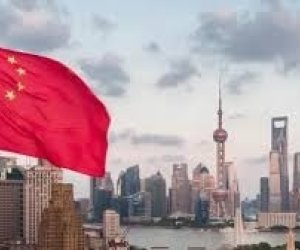
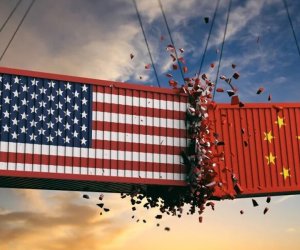
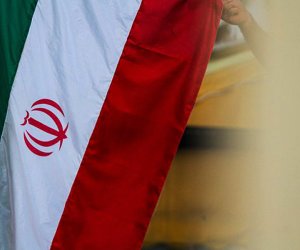
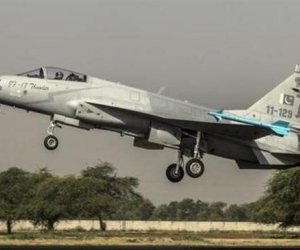
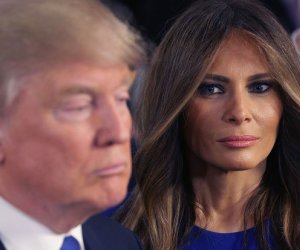


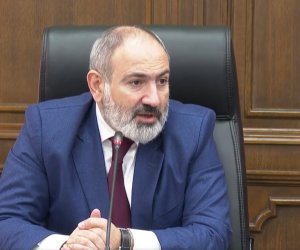


 Photo
Photo 



 Video
Video 

